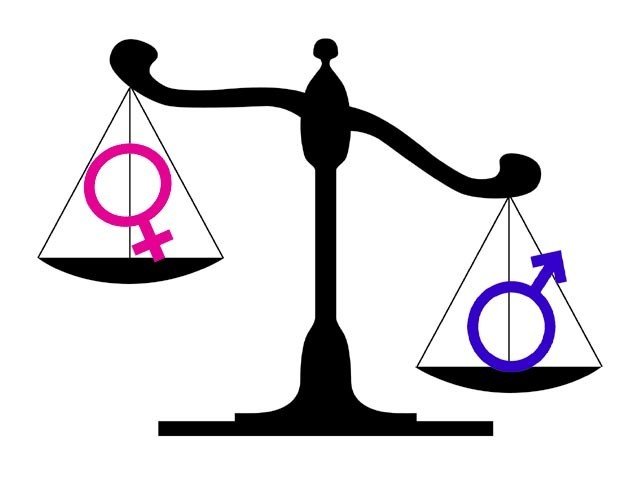Bridging the Financial Divide in Pakistan: The Role of Fintech in Women’s Inclusion
In Pakistan, a significant portion of the population, particularly women, remains excluded from formal financial systems. As the digital age unfolds, the urgency to bridge this gap becomes increasingly apparent. Financial inclusion is not just a matter of access; it’s a pathway to empowerment, economic growth, and poverty alleviation.
The Current Landscape of Financial Inclusion
Pakistan’s commercial banks play a crucial role in the nation’s economy, contributing significantly to its GDP. However, the statistics reveal a troubling reality. According to the World Bank’s Global Findex Database 2021, approximately 115 million adults in Pakistan—about 8% of the world’s unbanked population—lack access to regulated financial services. While global account ownership surged by 50% over the past decade, Pakistan’s growth was a mere 11 percentage points, rising from 10% in 2011 to 21% in 2021. This stagnation places Pakistan at a dismal 117th out of 121 countries in terms of bank account ownership among individuals over 14 years of age.
These figures underscore a broader issue of low financial literacy, which leads to economic exclusion, limited risk management, and stunted economic growth. The lack of access to financial services not only hampers individual prosperity but also restricts national economic development.
Gender Disparities in Financial Access
The gender gap in financial inclusion is particularly stark. Women constitute more than half of the unbanked population, exacerbating existing social and gender inequalities. This exclusion limits opportunities for female empowerment and economic participation. Mr. Noman Azhar, Chief Officer of Zindigi Finance App, highlights the traditional structures in Pakistan that perpetuate these disparities. He notes that these systems often restrict women’s access to financial resources and opportunities. However, the rise of innovative fintech solutions, such as Zindigi, offers a promising avenue for addressing these challenges.
The Rise of Fintech Solutions
In recent years, the fintech landscape in Pakistan has experienced a remarkable boom, aiming to increase the banking population through customer-centric experiences. Platforms like Easypaisa and Jazz Cash have emerged as branchless banking providers, creating efficient pathways for women to engage with financial services. These fintech solutions allow women to access financial resources from the comfort of their homes, thereby tackling gender-based financial disparities head-on.
Mr. Azhar points out a notable trend: the proportion of female customers using Zindigi, particularly among Gen Z, has reached as high as 30%. This shift indicates a growing acceptance and utilization of digital financial services among women, marking a significant step toward greater financial inclusivity.
The Challenges Ahead
Despite the promising developments in fintech, the overall utilization of these digital instruments remains low in Pakistan. This highlights the persistent financial divide that still exists. The State Bank of Pakistan recognizes the transformative potential of fintech and is actively evaluating new business models to ensure the stability of the financial ecosystem.
Government Initiatives for Financial Inclusion
The Government of Pakistan has prioritized the National Financial Inclusion Strategy (NFIS) to address these pressing issues. This ambitious agenda aims to enhance digital payments, broaden agricultural finance, and increase the share of Islamic banking. By focusing on these areas, the government seeks to create a more inclusive financial environment that benefits all segments of society, particularly women.
Empowering Women Through Financial Literacy
For women in Pakistan, financial inclusion holds transformative potential. Expanding commercial branch networks and fostering collaborations with microfinance institutions can significantly enhance accessibility. However, these efforts must be complemented by targeted financial literacy initiatives designed specifically for women. Such programs can demystify the complexities of the formal financial sector, empowering women to confidently navigate and adopt digital financial platforms.
A Path Forward
The journey toward financial inclusion in Pakistan is multifaceted, requiring collaboration between government, financial institutions, and fintech companies. By addressing the barriers that women face in accessing financial services, Pakistan can unlock the full potential of its population, fostering economic growth and social equity. The rise of fintech represents not just a technological advancement but a crucial step toward a more inclusive financial future for all.

